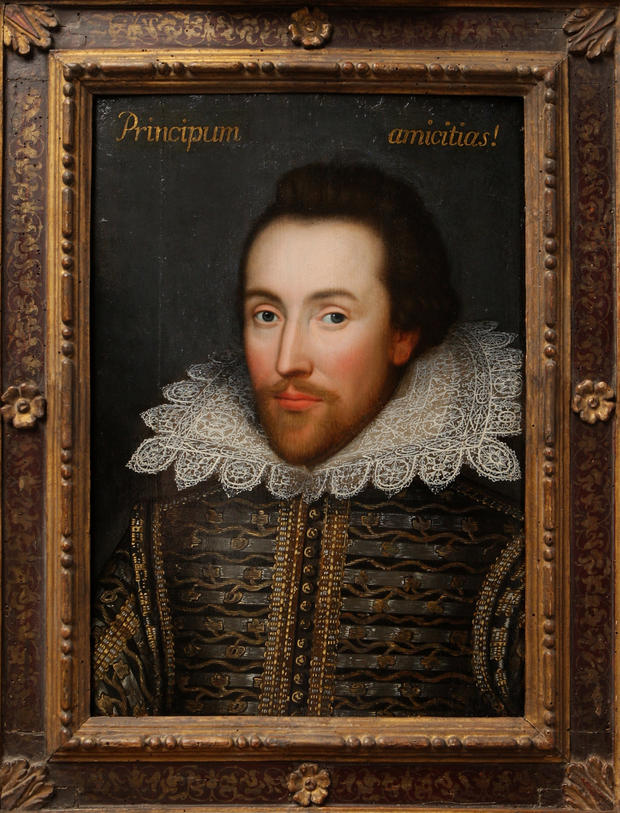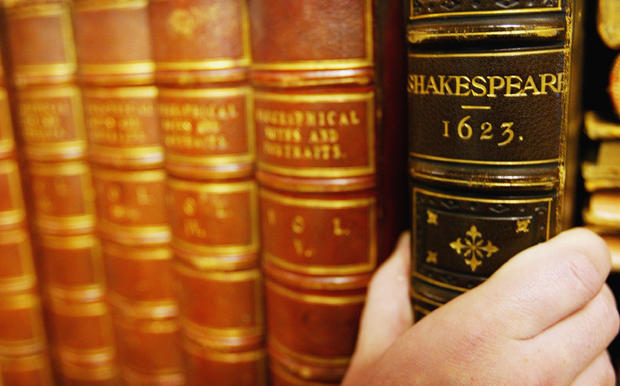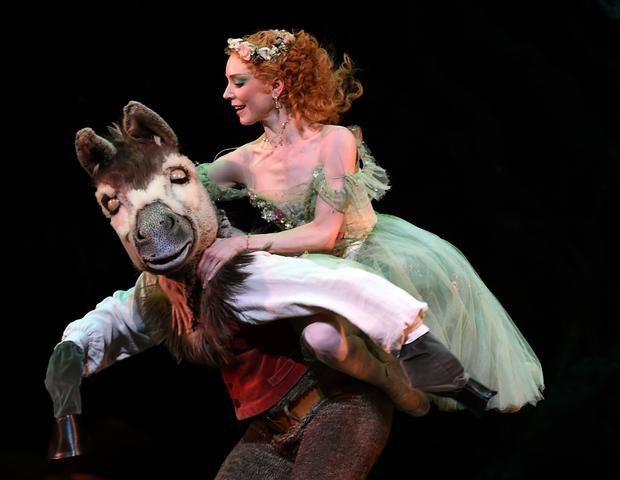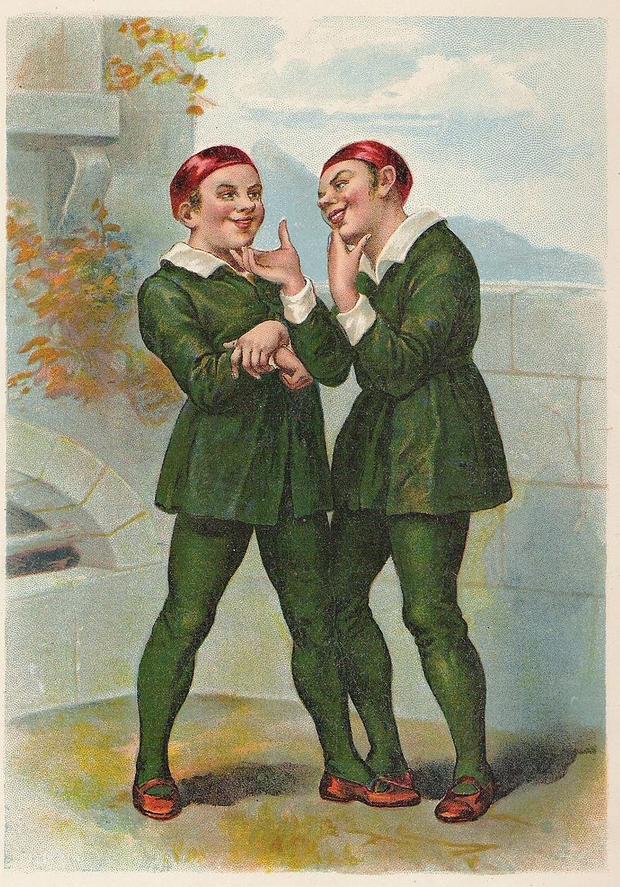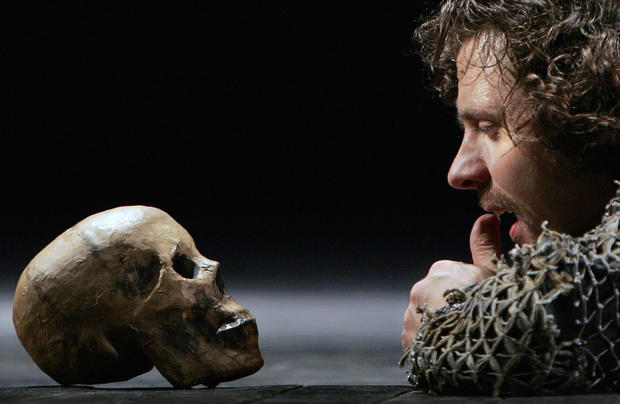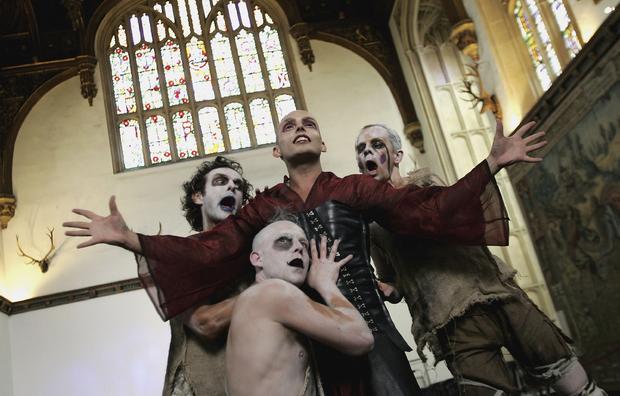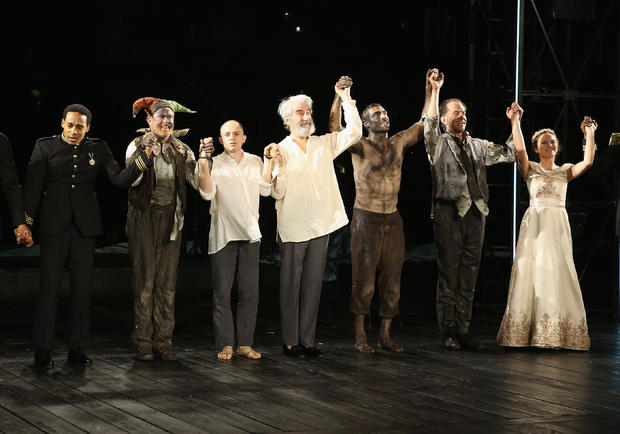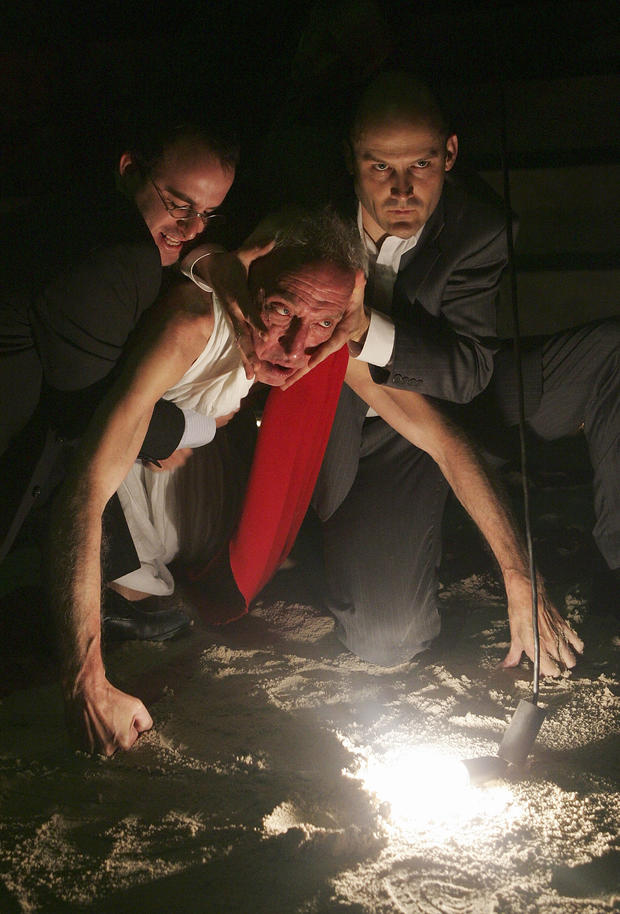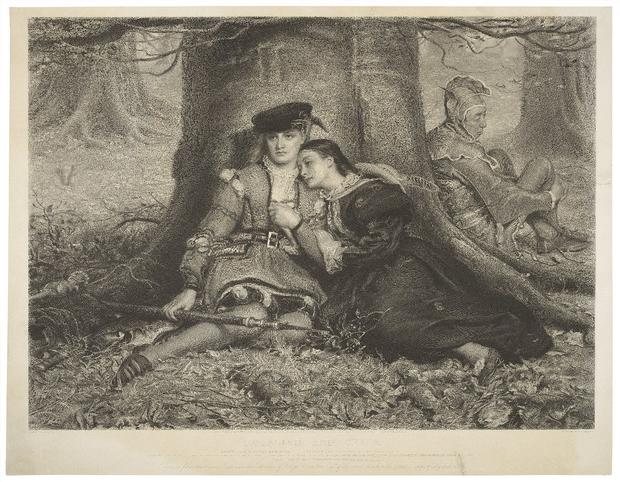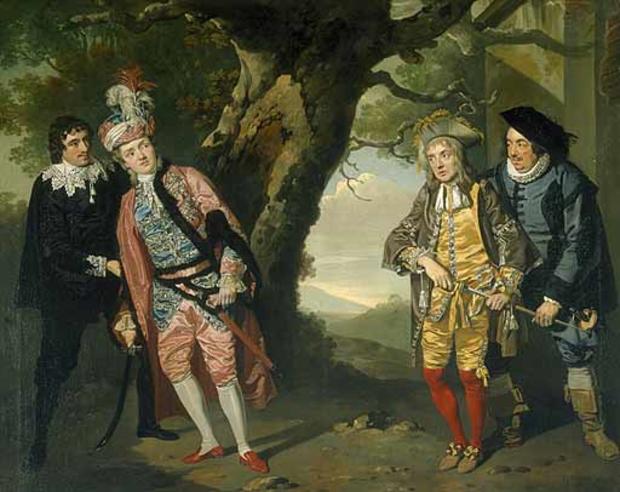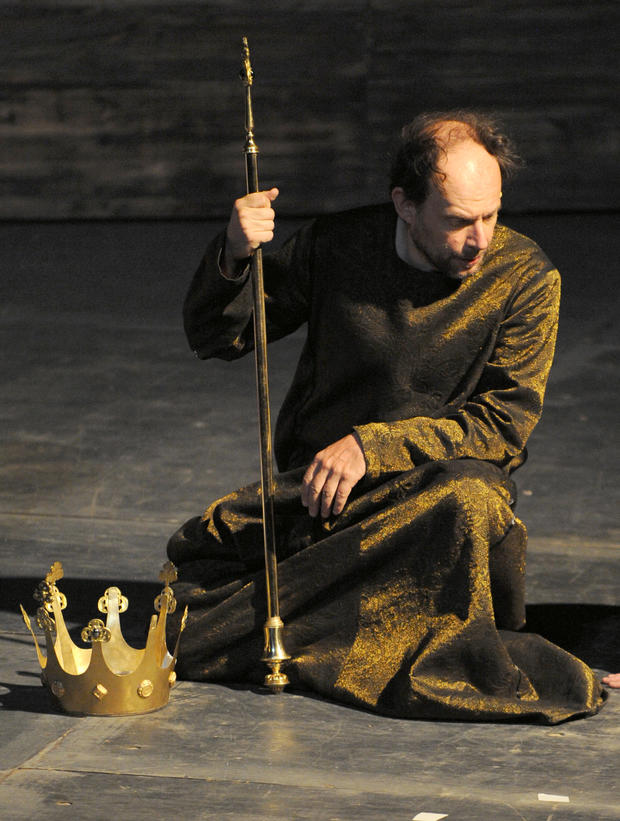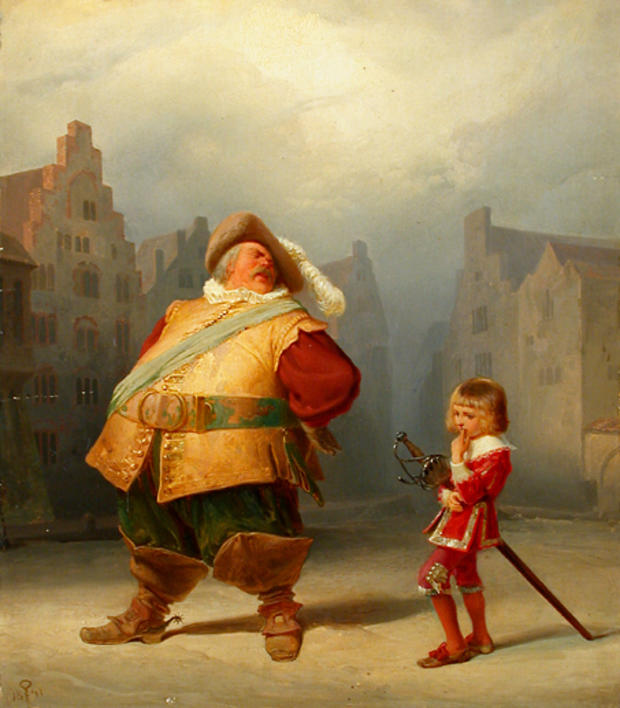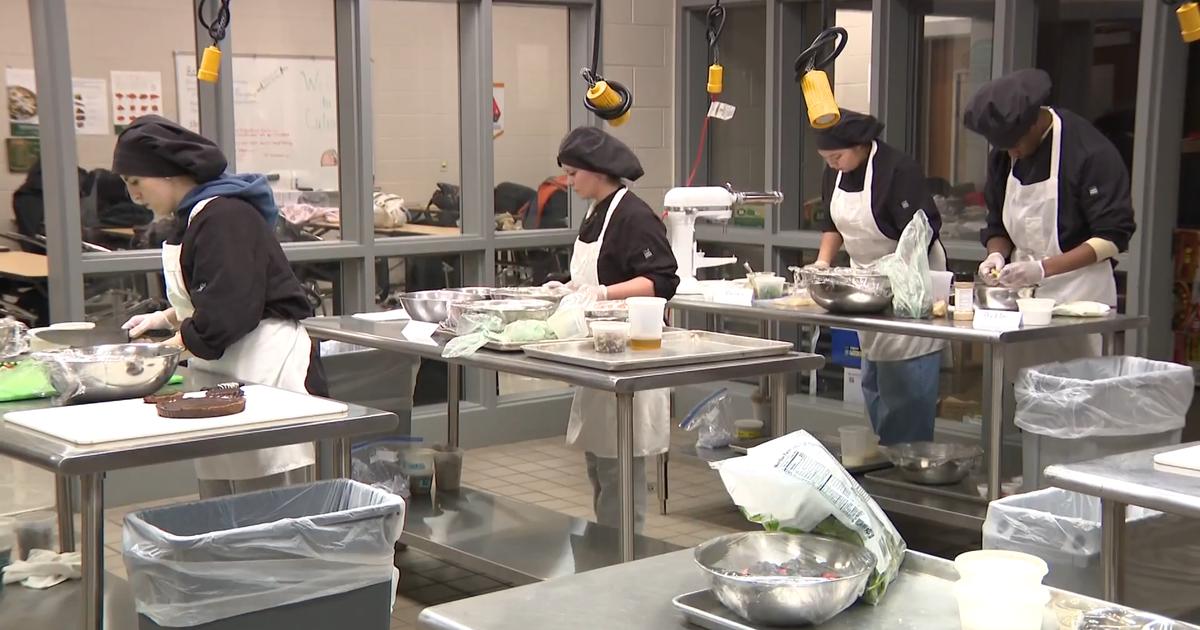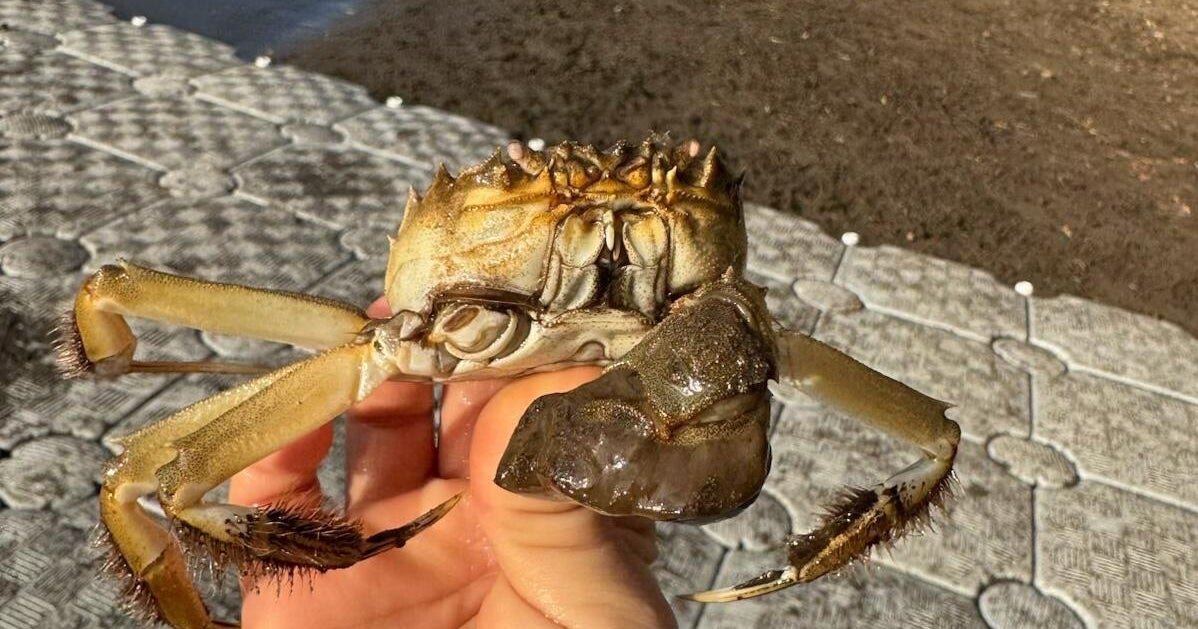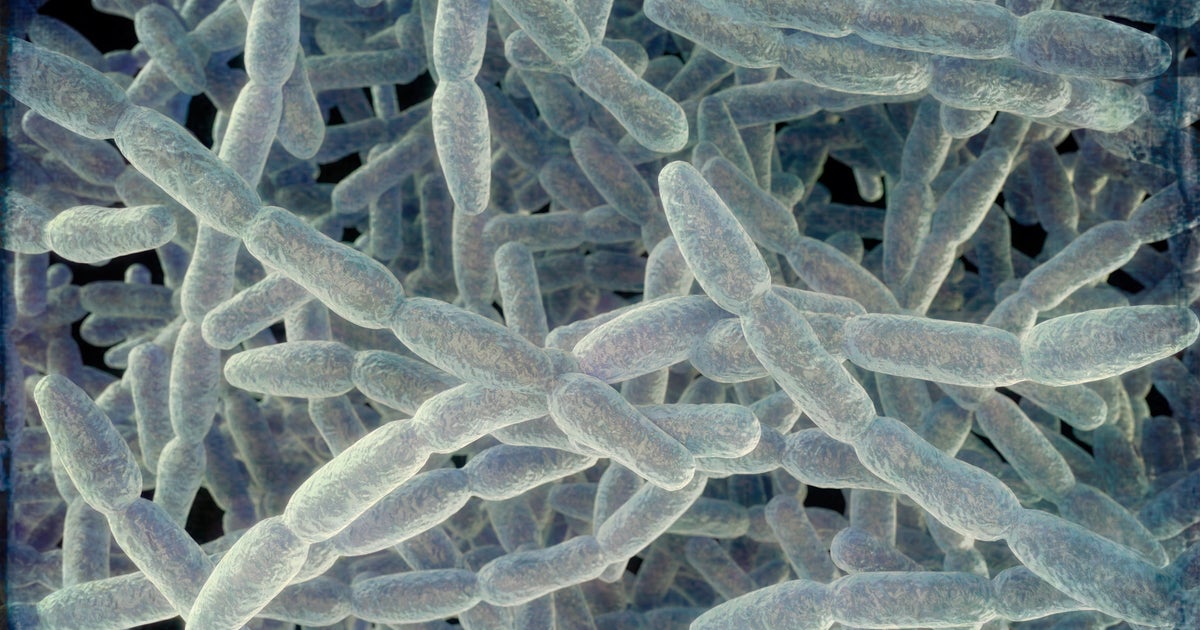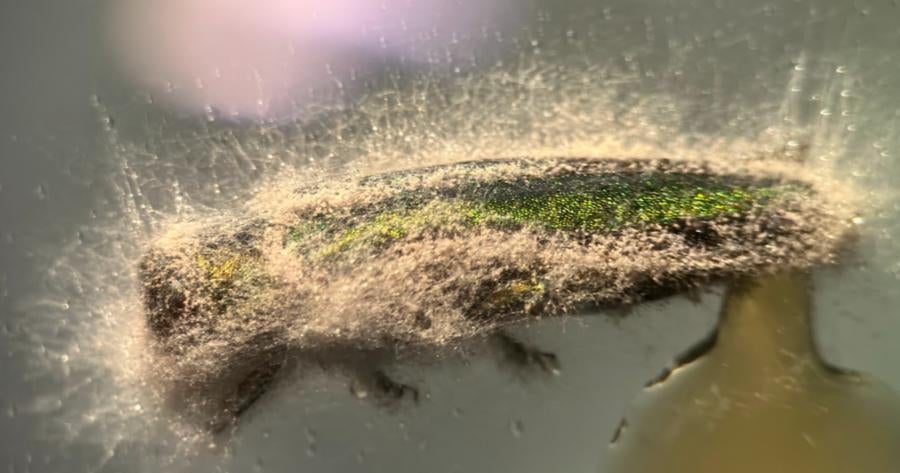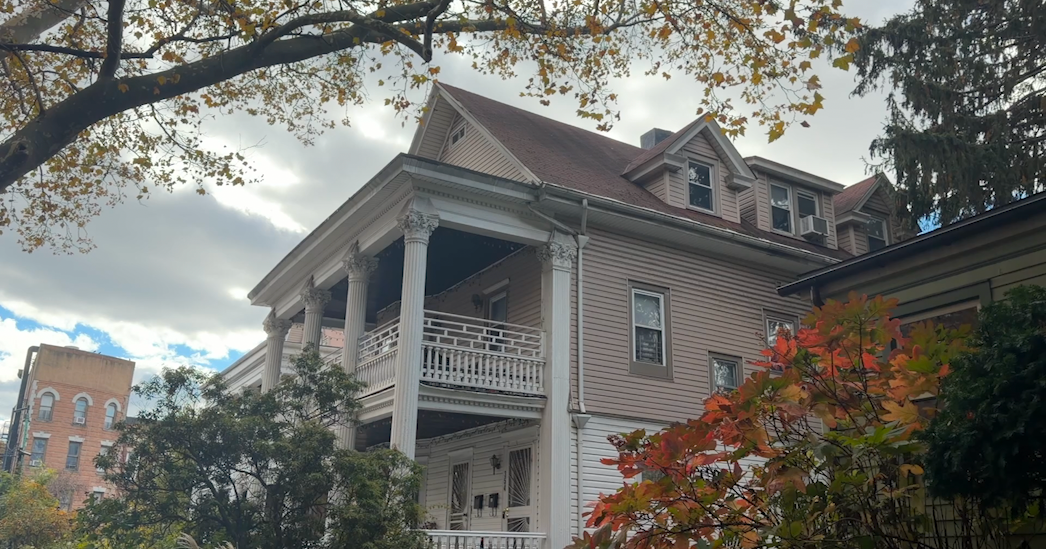Did Shakespeare smoke pot? His 11 trippiest scenes
The South African Journal of Science has published a study which states that four 17th-century pipes found in the garden at William Shakespeare's Stratford-upon-Avon home tested positive for cannabis residue. This discovery comes after traces of tobacco, camphor and myristic acid, which has hallucinogenic properties, were detected on 24 pipe fragments from the area after a sophisticated chemical analysis in 2001.
"We do not claim that any of the pipes belonged to Shakespeare himself," Francis Thackeray, author of both studies, said back then. "However, we do know that some of the pipes come from the area in which he lived, and they date to the seventeenth century."
While we will probably never know for sure whether these pipes with traces of cannabis belonged to Shakespeare or one of his contemporaries, he may well have been aware of the drug's effects, and that may shed new light (or smoke, as the case may be) on some of the Bard's most famous works.
By CBS News Staff Writer Christina Capatides
Sonnet 76
Study author Francis Thackeray suggests this verse from one of Shakespeare's sonnets may contain subtle references to drug use:
"Why is my verse so barren of new pride / So far from variation or quick change? / Why with the time do I not glance aside / To new-found methods, and to compounds strange? / Why write I still all one, ever the same, / And keep invention in a noted weed, / That every word doth almost tell my name, / Showing their birth, and where they did proceed?"
"This can be interpreted to mean that Shakespeare was willing to use 'weed' (Cannabis as a kind of tobacco) for creative writing ('invention')," Thackeray argues. "In the same sonnet it appears that he would prefer not to be associated with 'compounds strange', which can be interpreted, at least potentially, to mean 'strange drugs' (possibly cocaine)."
Sure, traditional Shakespeare scholars say "noted weed" is generally interpreted here as meaning something like familiar clothing. And "compounds strange" may just be Shakespeare's way of talking about words. But then again, they may not be...
"A Midsummer Night's Dream"
Some of Shakespeare's famous scenes are fantastical enough to seem drug-induced, or at least familiar with the phenomenon. In "A Midsummer Night's Dream," four young Athenian lovers and a group of six amateur actors are manipulated for the entertainment of fairies, who live in the forest where the actors are staging a play for the Duke of Athens' wedding.
The trippiest scene occurs when Puck, one of the fairies, transforms the head of Nick Bottom, one of the actors, into that of an ass, playing a joke on his name. Titania, the Queen of the Fairies, is then woken from a deep sleep by Bottom's singing and falls in love with him... a man with the head of a donkey.
"Comedy of Errors"
Shakespeare's "Comedy of Errors" is like "The Parent Trap," squared. It tells the story of two sets of identical twins that have been separated at birth. They then suddenly all end up in the same place, resulting in wrongful beatings, infidelity, mistaken identities and general chaos.
Four long-lost twins, running around thinking they're seeing double and getting into trouble with each other's families and friends ... It could almost be a scene from "Dazed and Confused."
"Hamlet"
In "Hamlet," the ghost of the King (Hamlet's father) appears several times throughout the play and, in doing so, serves as one of the play's major catalysts of action. It first appears near the guardsmen's post at the start of the play and terrifies Marcellus and Bernardo, the two men on watch that night. Then, the ghost actually begins speaking to the play's title character, encouraging him to avenge his father's death.
Poor Hamlet didn't stand a chance. Ghosts tend to be really convincing.
"Macbeth"
"Macbeth," too, has its fair share of supernatural elements - ghosts, prophesies, an "air-drawn" dagger that guides Macbeth toward his victim - but most importantly, it has witches. The three witches in "Macbeth" add ghastly ingredients to their brew to conjure images of the future. They drop everything from a dragon's scale and the "finger of birth-strangled babe" to the "liver of [a] blaspheming Jew" and the "nose of a Turk" into their cauldron.
The visions that they conjure then give Macbeth false hope and contribute to his ultimate demise; illustrating that witches are trouble... "double, double toil and trouble."
"The Tempest"
Side effects of cannabis can include hearing things and a marked desire for sleep, and a hankering for "sweet airs that give delight." So, in "The Tempest," when the character of Caliban pontificates:
"Be not afeard. The isle is full of noises. Sounds, and sweet airs that give delight and hurt not. Sometimes a thousand twangling instruments will hum about mine ears, and sometime voices that, if I then had waked after long sleep, will make me sleep again. And then, in dreaming, the clouds methought would open and show riches ready to drop upon me, that when I waked I cried to dream again."
A reader might wonder if Shakespeare knows what he's talking about.
"Julius Caesar"
In Shakespeare's "Julius Caesar," after killing the title character, Brutus believes that he has seen Caesar's ghost on the battlefield. He then asks his remaining men to hold his sword, as he impales himself on it.
A common side effect of marijuana consumption is paranoia.
"As You Like It"
In Shakespeare's "As You Like It," the Duke's daughter, Rosalind, and her cousin, Celia, enter the Forest of Arden in drag. They then fall in love with men and have women fall in love with them, with mistaken gender complicating the whole thing. It's funny. It's a mess. And if any of those pipes with traces of cannabis did in fact belong to Shakespeare, it might explain a lot.
"Twelfth Night"
Shakespeare has written plays about twins accidentally separated by twists of fate, causing mayhem. He has also written plays about people disguised as members of the opposite sex, causing mayhem. "Twelfth Night" is a play about both.
In Act III, Scene IV, Viola - a woman, who has been separated from her twin in a shipwreck and consequently disguised herself as a man to better survive in the strange land where she now finds herself - is accused of wooing another woman, Olivia, whom Sir Andrew Aguecheek loves. Viola, despite obviously having no intention of wooing Olivia, nearly has to fight Sir Andrew because of the misunderstanding.
"Richard III"
In Shakespeare's "Richard III," as King Richard and his nemesis Richmond sleep, 11 ghosts parade before them. They are the ghosts of King Henry VI, his son Prince Edward, and all the others Richard has murdered.
First, the spirits address King Richard, condemning him for what he has done and predicting his death. Then, they move across the stage and address Richmond, promising him that he will rule England.
Apparently, Shakespeare's ghosts aren't above taking sides.
Falstaff
The character of Falstaff, present in three of Shakespeare's plays, is a likable lush, who contributes to a whole slew of wild scenes.
In "Henry IV, Part I" and "Henry IV, Part II," he is a fat, cowardly, yet boastful knight, who spends his time consuming alcohol at the Boar's Head Inn; hanging out with petty criminals; and being an overall bad influence on the impressionable, young Prince Hal.
In "The Merry Wives of Windsor," on the other hand, Falstaff has transitioned from one sort of hedonism to another. Rather than living off stolen money and drinking the days away, he now sets his mind on the pursuit of not one, but two married women.

